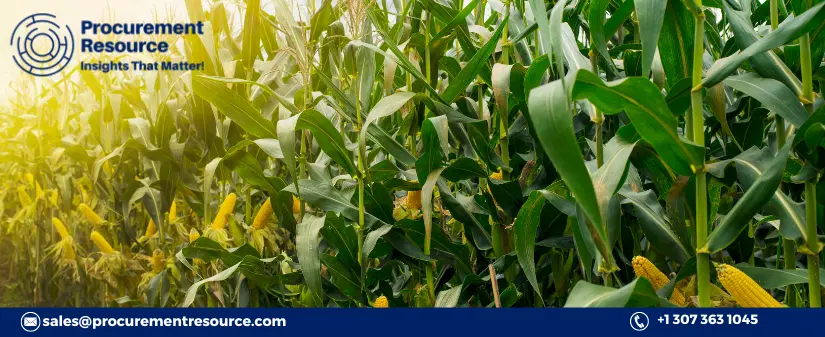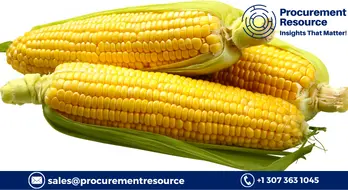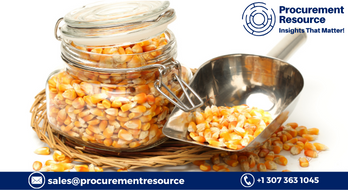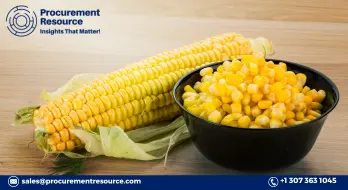India turned to Myanmar for corn imports amid rising consumption and low production

Amidst rising demand and increasing consumption, India has recently started importing corn from Myanmar without any import duties, leveraging Myanmar's status as a least developed country. The data by USDA indicates a decrease in the production of Indian corn from 26,200 thousand 480 lb. bales in the 2023/2024 season to 25,000 thousand 480 lb. bales in the 2024/2025 season. This represents a reduction of 1,200 thousand bales, or approximately 4.58%. Therefore, importing from Myanmar comes as a feasible and strategic option. According to the president of the Tamil Nadu Egg Poultry Farmers Marketing Society, three shipments have already arrived at VO Chidambaranar Port in Tamil Nadu, with about ten more expected by the end of July.
Corn imports from countries other than Myanmar attract significant duties in India: a 60% customs duty plus a 5% Integrated Goods and Services Tax (IGST) and a 10% social welfare surcharge. However, the government does offer a concession for tariff rate quota (TRQ) imports, which are taxed at only 15%.
The first batch of corn imported from Myanmar was used for starch production, while the second batch was utilized for ethanol production. The imports are also meeting demands from the Tamil Nadu poultry industry, which has been a significant consumer of the imported corn.
The domestic demand remains strong from industries such as starch manufacturers and ethanol producers, particularly after the government restricted the use of sugarcane juice in ethanol production. This policy change is expected to boost corn consumption in the ethanol sector.
Read More About Corn Production Cost Reports - Request Free Sample Copy in PDF
As domestic production fluctuates due to climate impacts, with a recent government report estimating a decline in maize production from 38.08 million tons last year to 35.67 million tons this year, India continues to explore options to secure its corn supply, including potential imports of genetically modified corn to further support growing industrial demands.




